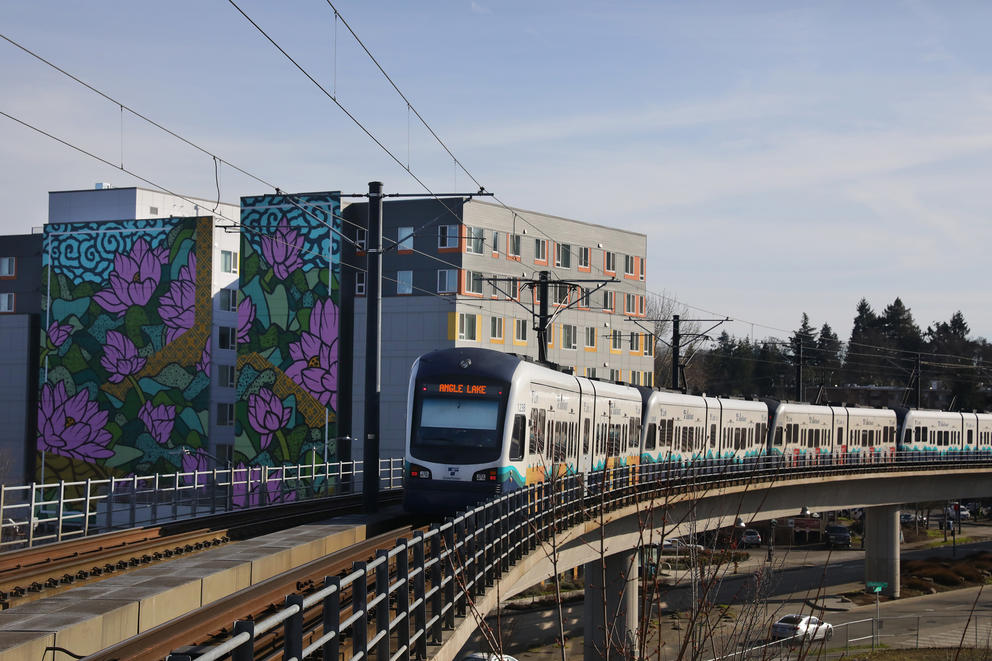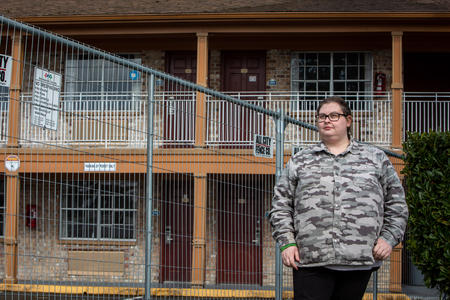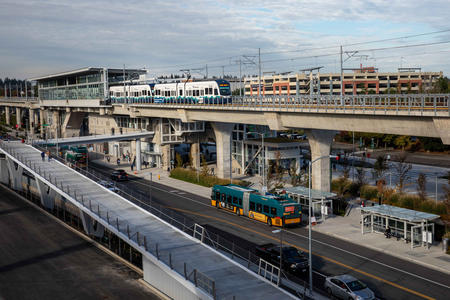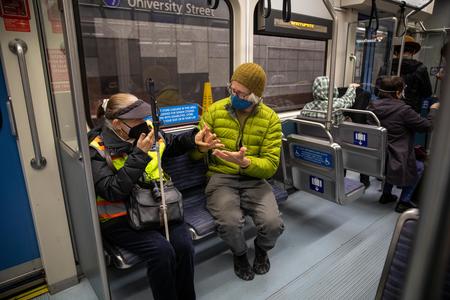Hopple alleged the agency did not protect him from retaliation after he filed a whistleblower complaint in 2019 over safety concerns. According to court documents, these included a work order being closed before it was completed, which contributed to a fire at a substation, as well as employees not documenting maintenance work properly. An investigation initiated by Sound Transit later validated some of Hopple’s complaints.
“Instead of protecting Mr. Hopple from retaliation, Sound Transit supervisors’ treatment of Mr. Hopple only worsened; they ignored him at meetings, ridiculed him in front of colleagues, and denied him the support necessary to do his job,” Hopple’s lawyers wrote in court documents.
Several times during his tenure, which lasted until February 2020, Hopple raised safety concerns to his supervisors – who, Hopple said, ignored them or suggested he “drop it,” according to his lawsuit.
Sound Transit declined to respond to questions or offer comment, instead referring Crosscut to the whistleblower complaint investigation and board meeting presentation made by then-CEO Peter Rogoff in late 2021. Dow Constantine, King County Executive and chair of the Sound Transit Board, also declined to comment.
Sound Transit operates the light-rail line that runs from Northgate to Seattle-Tacoma International Airport. The public transit agency also runs commuter buses and trains. Passengers took more than 23 million rides on the light-rail system in 2022.
This story is part of Crosscut’s WA Workplace Watch, an investigative project covering worker safety and labor in Washington state.
Sound Transit is in the middle of a decades-long build-out that will eventually run light-rail lines to Everett, the Eastside and West Seattle. The agency is funded by a combination of local taxes from residents in King, Pierce and Snohomish counties and federal grants.
Hopple was hired in 2018 as an Enterprise Asset Management System Administrator; his duties included reviewing and improving Sound Transit’s electronic maintenance management system, according to court documents. One of Hopple’s first assignments was to investigate a 2017 fire at the Tukwila International Boulevard Station substation, which Sound Transit eventually attributed to bolts that were not properly tightened.
Hopple discovered that an employee had noticed the loose bolts prior to the fire, “yet nothing had been done to address the problem,” according to court documents filed by Hopple’s lawyers. He also noted to his supervisors that some employees were not documenting accident investigations or repair schedules into the electronic maintenance system.
“Such failures could result in potentially dangerous problems going unnoticed, as had happened with the Tukwila substation fire,” Hopple’s lawyers wrote in court documents.
Court records alleged that when Hopple raised these concerns, the agency failed to take action and his supervisor “responded with anger and frustration.”
Halm wrote in an email to Crosscut that Hopple made the formal whistleblower complaint to Sound Transit’s then-CEO Rogoff in November 2019 after repeated attempts to highlight safety concerns to his supervisors fell on deaf ears.
Sound Transit hired Brenda L. Bannon of Ogletree, Deakins, Nash, Smoak & Stewart, P.C. to complete an investigation into the whistleblower complaint. Bannon validated some of Hopple’s complaints, but also concluded the agency did not retaliate against Hopple.
In an October 2021 executive committee meeting, Rogoff told board members that Sound Transit eventually determined that the fire at the substation could have been prevented if a work-order request made two months prior to the incident had been completed.
“A work order having been open, the work never having been completed, and the failure to complete that work [was] determined to be a contributor to the fire, I did conclude there was improper government action,” Rogoff said during that meeting.
Hopple resigned in February 2020. Several months later, after Sound Transit agreed that some of Hopple's whistleblower complaints were valid, he offered to return to his job but the agency refused to rehire him, according to his lawsuit. He filed the lawsuit in June 2021.
A jury returned the $1.2 million judgment in April 2023. The agency later settled, and has yet to release the terms of that agreement in response to a public records request from Crosscut.
The claim was covered by Sound Transit’s insurance, after a $250,000 deductible, according to John Gallagher, a spokesperson for the agency.
Through his attorney, Hopple declined to comment.
“As you might imagine, being a whistleblower can be taxing and he’s focused on the next chapter of his life,” Halm wrote in an email to Crosscut.
Update, Sept. 15, 2023: Newly released settlement documents in response to Crosscut’s records request show Sound Transit agreed to pay Hopple $228,000 for lost wages and $732,000 in damages. The law firm Schroeter Goldmark and Bender, which represented Hopple, also received $640,000 in attorney's fees and costs in the settlement.
Under the terms of the agreement, Sound Transit admitted no wrongdoing or unlawful conduct and Hopple also agreed not to disclose the amount.






